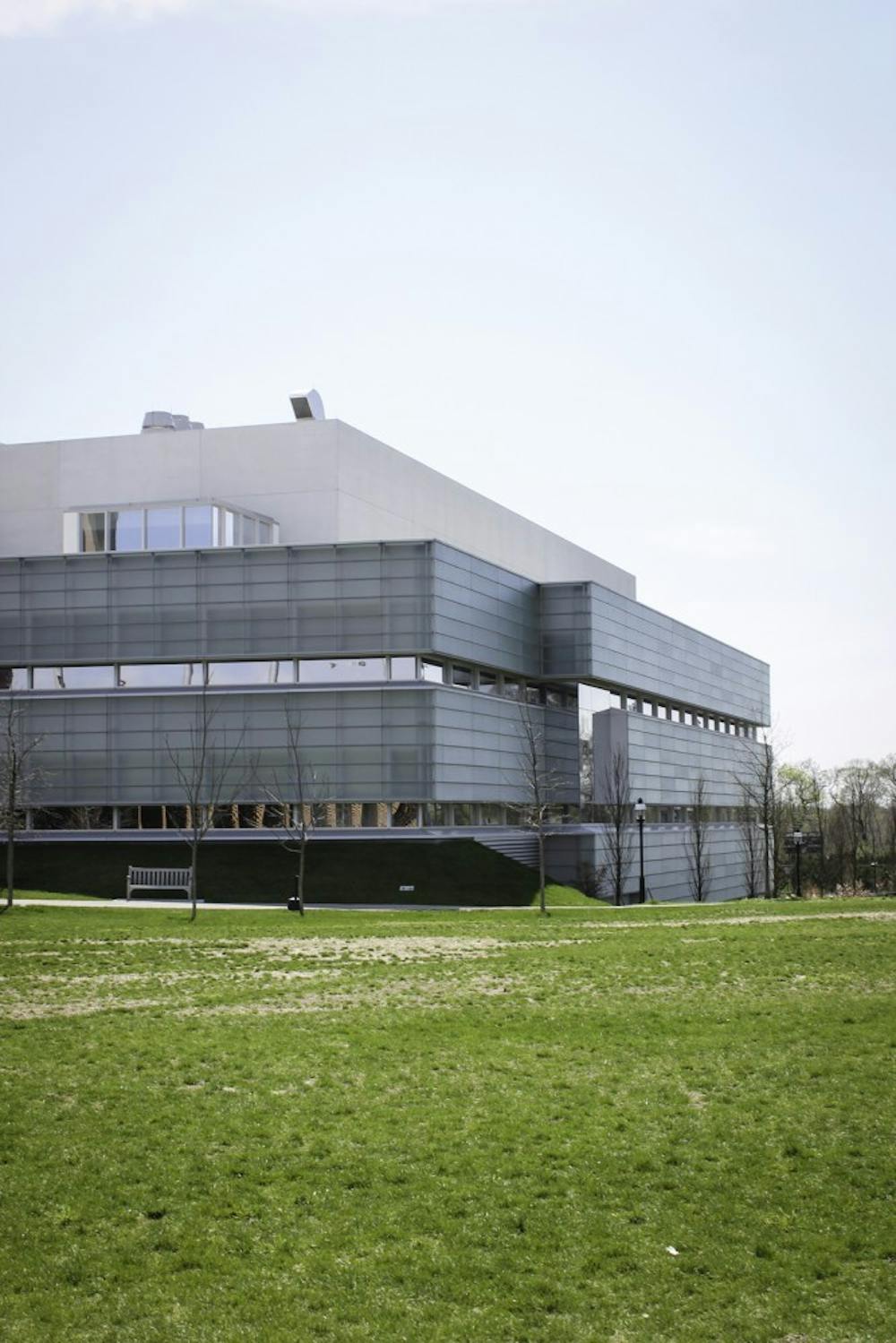The curriculum for the new neuroscience major is noticeably different from the curriculum for the certificate, students interviewed said.
Those interviewed said they were excited about having the option for a neuroscience concentration but noted that it has been difficult to prepare for the concentration since they have only known about its existence for less than a year.
Seventeen members of the Class of 2017 have decided to major in neuroscience this year, according to Co-Director of the Program in Neuroscience Asif Ghazanfar. He said that students who may have signed into a wide range of departments in the natural sciences, technology, engineering, mathematics and social sciences, as well as those who may have declared independent concentrations, instead chose neuroscience.
The number of students concentrating in the department is high, considering that there was no option of majoring in neuroscience when these students entered the University, Ghazanfar said.
The requirements for the new major are heavy in the areas of physics and math, according to Emily Avery ’17, who declared the neuroscience concentration.
Avery originally intended to have an independent concentration in neuroscience, rather than only getting a certificate in the subject. She said she is pursuing the pre-medical track and is looking to go further into the field of neuroscience after graduation, perhaps by going into neurology or neurosurgery.

“I was super excited because I had wanted to do this originally, but it was going to have to be my own thing,” Avery said. “I was working on my proposal, and I heard that I didn’t have to anymore.”
Lauren Berger ’17, a pre-med neuroscience concentrator, noted that the major is much more computational than the certificate. The certificate is targeted toward students who are interested in the biology or psychology side, while the major is far more comprehensive, Berger said.
Avery noted that other students have done independent concentrations in neuroscience before, but that often they do interdisciplinary study, such as focusing on neuroeconomics or computational neuroscience.
Berger explained that she later became worried about making the choice, because neuroscience would require more departmental requirements than she had left to complete for molecular biology.

“But I decided that I really love the subject, so I’m just going to go for it,” Berger explained.
However, she also said that the transition between majors was difficult. She noted that she is currently enrolled in three labs this semester, due to how her pre-med and molecular biology course schedule worked out, in conjunction with the new neuroscience course requirements in which she had to quickly enroll. Berger explained that several of her pre-med sophomore classmates are in the same situation, and all are experiencing some difficulty with it.
“We would have planned our schedules better if we would have known,” Berger said.
Berger said that she decided to concentrate in neuroscience almost immediately after learning about the new option. Berger was originally a molecular biology major and intends to become a dermatologist eventually.
Berger’s academic adviser is one of the neuroscience departmental representatives and told Berger about the new major, Berger explained. Berger said that she was immediately interested in the idea.
Natsuko Sato ’17 said that the course load did originally seem intimidating.
“It seemed like a lot at first, especially with the physics sequence and all the core requirements,” Sato said. “I hadn’t taken any of that yet, I’d only taken all the prerequisites, so I was a little overwhelmed at first, but it’s manageable.”
Sato, who was originally a psychology major, noted she had been very excited to learn of the new neuroscience concentration. Sato had enjoyed the introductory neuroscience sequence and had intended to get a neuroscience certificate, she explained.
“What I find so intriguing about neuroscience is that there’s so much undefined about it,” Berger said. “It’s a very new sector of science, whereas molecular biology is a very routine department. Neuroscience is a lot more creative, and there’s so much to explore about it. I think it’d be more exciting to write a senior thesis on that.”









